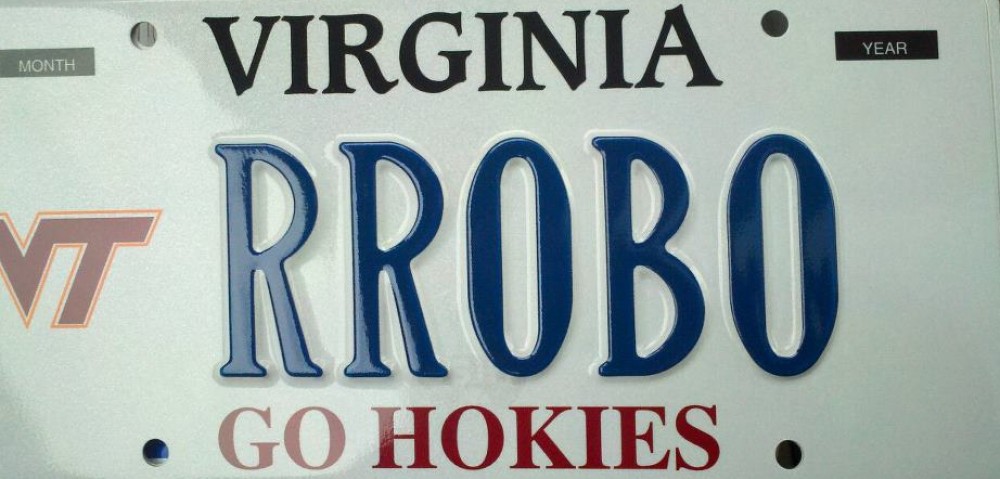Darwin in this reading has really expressed his ideas thoroughly and clearly. It’s impressive to see someone not beat around the bush whatsoever, and stick right to the point. Before reading this, I had no idea what this idea of variability was, or that humans had a major impact on it. I highly value scientists opinions and ideas, so this was an enjoyable read for me.
I sometimes try to put myself in Darwin’s shoes, just to try and understand how society was… “accepting” his ideas on evolution. In the 1800’s, the religious creation idea was widely, commonly accepted. But regardless everyone can agree that human impacts on animals has caused variability. Without humans moving crops, animals, etc. from one location to another, and those animals or crops adapting to their new location, the variety of species of such would be a lot less as it is now. Natural selection some may call it, but is human involvement with nature really that “natural”?
I just don’t see how we can consider humans directly genetically modifying crops and animals as natural. Sure if you consider humans to be just another species in the Animal Kingdom, which we are. But we are so much more developed, both physically AND mentally. If you think about it, we can outsmart any other species, whether its distraction, kill tactics, defense, etc. So the “natural selection” of this genetically, mentally dominant species is considered legitimate to how nature is? I’m not so sure about that, although I do not disagree with Darwin that our selection has shaped nature, I just don’t like the term natural in front of selection.
It goes without saying that this selection process is exclusively involved with domesticated animals, in specific ones that provide use to humans. Whether for meat, furs, travel, etc. we will as humans weed out the small weak ones in exchange for the strong, meaty, colorful, exotic ones, or basically whatever the demand is at that time. We have been able to specifically modify domesticated animals into basically anything we want. Again, the term natural selection shows up in this scenario, but what is so natural of this genetic modification?
